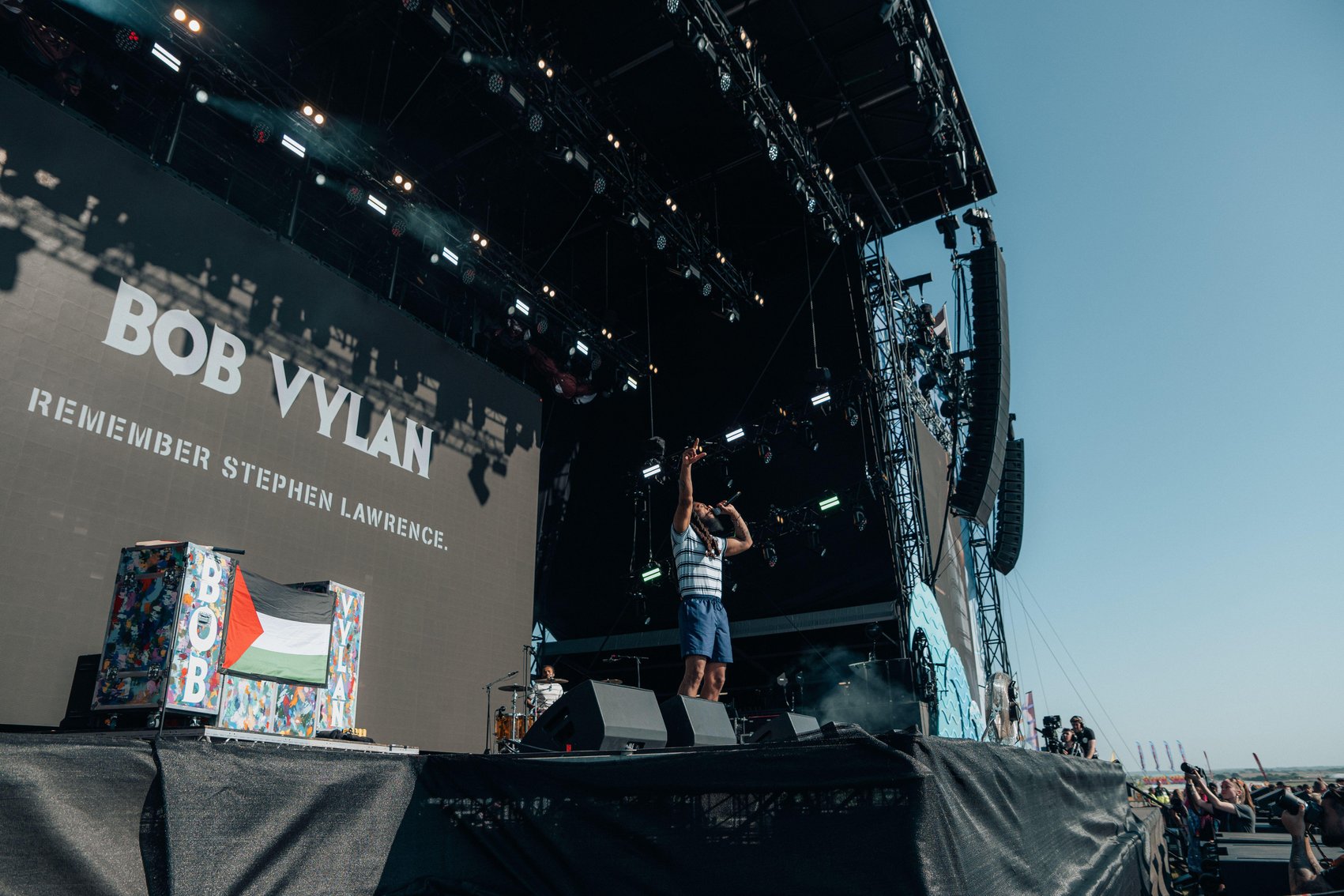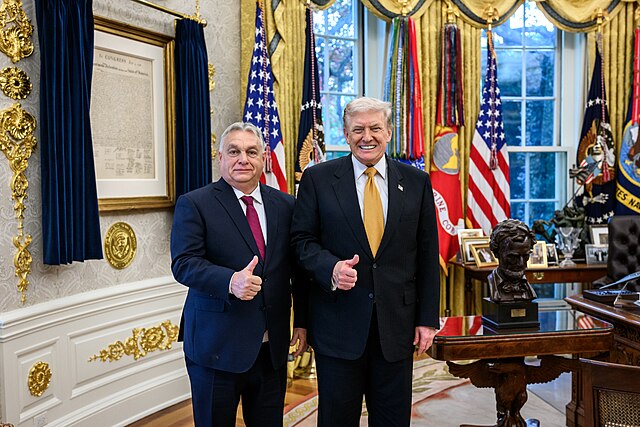Cultural boycotts are no simple matter, as the Boardmasters surfing and music festival in Cornwall discovered this summer.
Traditionally one of the fixed points of the post-exam season, this year the organisers faced the knotty decision of whether or not to cancel the controversial act, Bob Vylan. The pro-Palestinian punk provocateurs had already caused a media storm (and embarrassment for the BBC) after the band’s frontman, who confusingly uses the stage name Bobby Vylan (the drummer is Bobbie Vylan), called on the crowd at Glastonbury to join him in a chant of “death, death to the IDF”, a reference to the Israeli Defence Forces.
In the run-up to the festival, which took place in early August, Jewish campaigners had called on the organisers to cancel the band’s appearance, as other festivals have done. Where this gets complicated is that Boardmasters is owned by Superstruct Entertainment, which was acquired last year by investment company KKR.
Now, apart from operating more than 80 festivals across the world, KKR also invests in Israeli tech, which makes it a prime target for the anti-Zionist Boycott, Divestment, Sanction (BDS) movement.
So, while Bob Vylan were preparing to go onstage in Newquay to express their solidarity with the Palestinian people, others were flexing their anti-Zionist credentials by boycotting the festival altogether. Bristol band The Menstrual Cramps objected, among other things, to Israeli surfers taking part in the festival: “We believe in a cultural boycott of Israel, which means not spotlighting Israelis at a festival during a genocide.”
UK garage DJ Conducta also pulled out, citing KKR’s “direct investments in weapons manufacturers and financial ties to the state of Israel.” American act The Blessed Madonna pulled out after being asked to sign a “shop-stop” agreement to restrict political messaging. “I ain’t signing shit. Free Palestine,” she said.
The boycotts went ahead despite Boardmasters issuing a statement distancing themselves from its investors: “We don’t support or align with investments or actions that contradict our core values of fairness, integrity, inclusivity, and excellence. Our integrity is not for sale.” Boardmasters claimed it had proved its anti-Zionist credentials by refusing to cancel Bob Vylan.
The culture wars also hit the Edinburgh Fringe this year when Jewish comedians Philip Simon and Rachel Creagar had their shows cancelled over staff safety fears following the appearance pro-Palestinian graffiti at the venue Whistle Binkies. Alternative venues were later found but not before UK Lawyers for Israel, an organisation which uses legal means to campaign for the removal of any material it considers to be “anti-Israel”, described the cancellations as “a racist move that echoes 1930s Nazi Germany”.
The festival later ran into trouble over an interview with the Deputy First Minister of Scotland, Kate Forbes, who has strongly held “gender-critical” views based on her Christian faith. The venue, Summerhall, later issued a statement saying Forbes’s appearance had been an “oversight,” and she would not be invited to speak at future events. They claimed the presence of the Scottish politician affected staff safety and wellbeing.
The issue is not restricted to UK festivals. The Toronto International Film Festival pulled the Canadian film The Road Between Us: The Ultimate Rescue, about the Hamas attacks of 7 October 2023 over concerns about clearance of footage taken by the terrorists. Again, staff safety was invoked in the justification of the decision. After an international outcry, the festival issued an apology and reinstated the film in the programme.
Each of these examples demonstrates a deep confusion on the part of festival organisers about what these cultural events are actually for.
Boardmasters ended up in the absurd position of parading its support for free expression of a band that called for the death of Israeli soldiers. Meanwhile, the Edinburgh venues failed to understand that genuine cultural diversity includes people with whom we disagree. At their best, festivals should be places where people have their prejudices challenged not reinforced.






